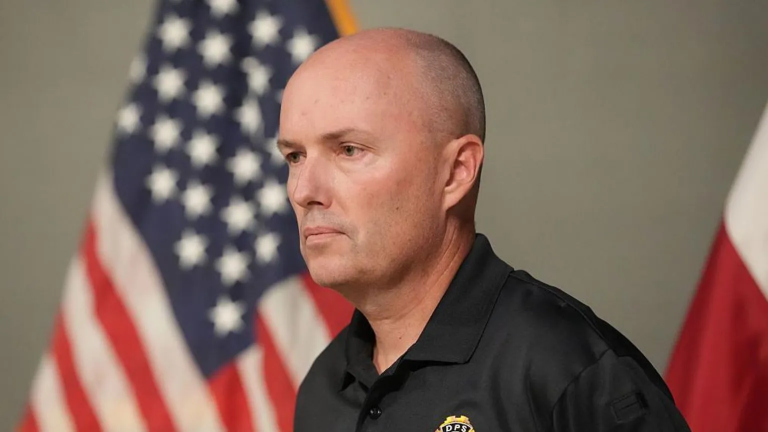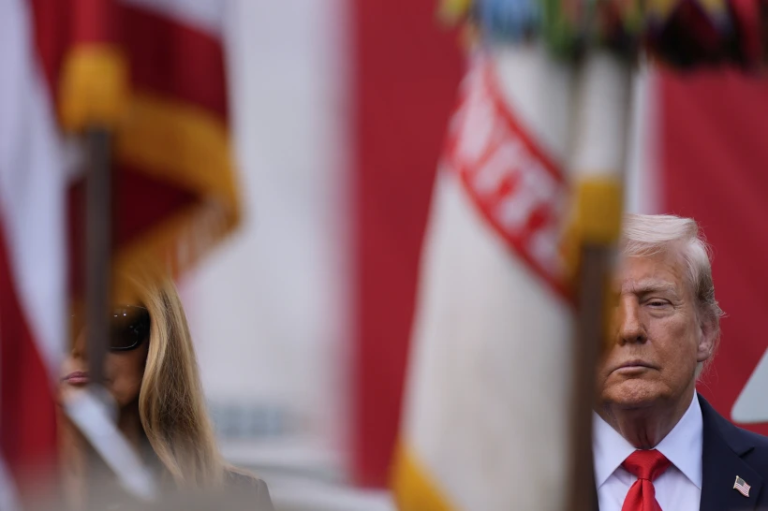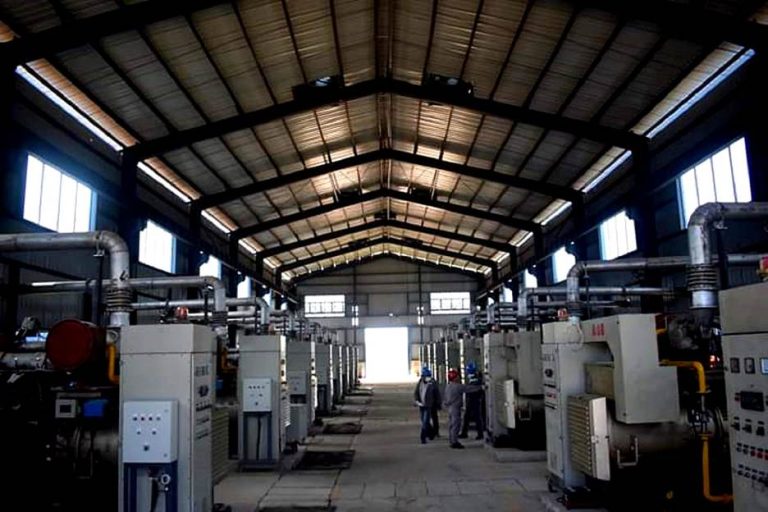
Heavy weapons, including ballistic missiles, air defense systems and unmanned aerial vehicles, are displayed during the 44th anniversary of the eight-year war with Iraq, known as the "Sacred Defense Week," at Baharestan Square in Tehran,... More Hossein Beris/Getty Images
Trump ‘Feels Very Badly’ About Location of Israeli Strike In Qatar: White House

Heavy weapons, including ballistic missiles, air defense systems and unmanned aerial vehicles, are displayed during the 44th anniversary of the eight-year war with Iraq, known as the “Sacred Defense Week,” at Baharestan Square in Tehran,… More Hossein Beris/Getty Images
An Iranian lawmaker on Thursday called for Qatar to expel U.S. forces and allow Iran’s Revolutionary Guards to deploy missiles on its territory, a move aimed at countering Israel that could escalate regional tensions.
Newsweek has contacted the U.S. State Department and the Iranian and Qatari foreign ministries for comment.
On Tuesday, an Israeli strike in Doha killed a Qatari security officer and several Hamas members. Iran has accused the U.S. of complicity in the attack, putting Qatar in a precarious position. The situation underscores ongoing friction in the Middle East, where a U.S. military presence, Israeli operations and Iranian influence intersect—raising the risk of broader conflict.
Tehran’s statement on Thursday signals its growing willingness to push military influence deeper into the Persian Gulf.
Iranian lawmaker Mojtaba Zarei made the remarks on X, directly addressing the ruler of Qatar, Emir Sheikh Tamim bin Hamad Al Thani.
“I propose that the U.S. Army, accomplice of Israel, be expelled from Qatar, and that the Revolutionary Guard aerospace force deploy Fattah hypersonic missiles on your soil to defend your sovereignty,” he wrote in Farsi.
Zarei added that the emir “should request support from the Revolutionary Guard aerospace force to station in Qatar.” The call effectively urges Qatar to allow Iranian missile deployment on its territory as a counterbalance to the Israeli and American presence.
Iran Accuses U.S. of Complicity
Iran’s armed forces said the Israeli strike could not have occurred without U.S. backing, accusing Washington of supporting “the Zionist regime’s crimes.”
Major General Abdolrahim Mousavi, the chief of staff of the Iranian armed forces, has emphasized Tehran’s commitment to the Gulf, saying, “The Armed Forces of the Islamic Republic of Iran will never hesitate to support our Qatari brothers.”
U.S. President Donald Trump said Israel acted independently, and Israeli Prime Minister Benjamin Netanyahu said Israel took “full responsibility” for the operation.
Qatar-Iran Relations
Qatar hosts the U.S. Al Udeid Air Base, the largest American facility in the Middle East, which has long been a point of tension with Tehran.
In June, during the 12-day Israeli-Iran war, Iran launched a missile strike on Al Udeid in retaliation for U.S. airstrikes on Iranian nuclear facilities. Qatar’s air defense systems successfully intercepted most of the missiles, and no casualties were reported. Iran had notified Qatar in advance of the strike.
The current exchange highlights Qatar’s delicate balancing act, maintaining strong U.S. ties while cultivating relations with Iran. Zarei’s missile proposal signals Tehran’s willingness to assert military influence in the region despite the U.S. presence.
U.S. President Donald Trump arrives to address troops at the Al Udeid Air Base southwest of Doha on May 15. Brendan Simalowski/Getty Images
What People Are Saying
U.S. President Donald Trump wrote on X: “This morning, the Trump Administration was notified by the United States Military that Israel was attacking Hamas which, very unfortunately, was located in a section of Doha, the Capital of Qatar. This was a decision made by Prime Minister Netanyahu; it was not a decision made by me. Unilaterally bombing inside Qatar, a Sovereign Nation and close Ally of the United States, that is working very hard and bravely taking risks with us to broker Peace, does not advance Israel or America’s goals.”
He added: “I view Qatar as a strong Ally and friend of the U.S. and feel very badly about the location of the attack.”
The developments indicate a potential escalation in Gulf tensions. How Qatar navigates the competing interests of Iran and the U.S., while managing regional security concerns, will be closely watched in the coming weeks. (Newsweek)



